Primary Headline Goes Here
Researchers at the University of Pittsburgh are conducting a study in adolescents and young adults to better understand depression and how to change it.
Additional Information
In this research study, we are trying to understand the way depression develops in young people. We aim to better understand the development of the brain’s dopamine and reward systems in young people with depression. Anhedonia is related to function in the brain’s reward circuit, inflammation in the body, and people’s experiences and behaviors, and we will measure all of these. We also want to see whether we can understand anhedonia by using treatments that could improve it. To do that, we are using neuroscience to guide us, providing activities that have been used to treat depression and target the brain’s reward circuit, which is believed to be the source of anhedonia.
You may qualify for a study if you meet the following criteria.
Inclusion Criteria:
- 15-25 years old
- Current depressive disorder
- Healthy individuals with no history of psychiatric disorders
Exclusion Criteria:
- Lifetime psychosis or bipolar disorder
- Serious, unstable neurological disorders, including seizures, epilepsy, stroke, or brain tumor (does not include headache or migraine)
- Brain injury with loss of consciousness
- Traumatic brain injury that required hospitalization
- MRI contraindications (claustrophobia, metal in body, weight over 300 lbs)
The entire study lasts 1-2 years. Once enrolled, the study involves:
- In the lab: 3-4 visits where you’ll complete assessments of characteristics of depression and dopamine systems. Each assessment includes an interview, questionnaires, a computer task, and an MRI scan. The interview will be video and audio recorded, and the first visit also includes a blood draw.
- From home: You’ll also do app-based “digital phenotyping,” in which we ask about your mood and experiences and collect information from your phone. With this, you would be asked to take a survey several times per day, nine days out of the month. The survey will take less than 5 minutes to complete, and the app will also track word contents but not the recipients of the messages.
As a participant, you can receive up to $2580, as well as transportation costs.
There is no cost for you to participate in our research study.


